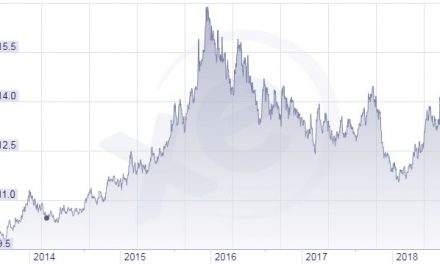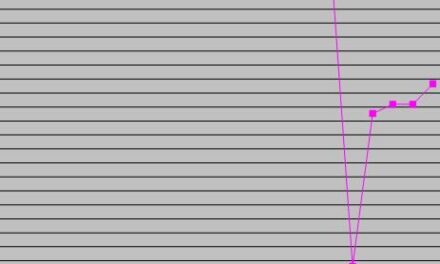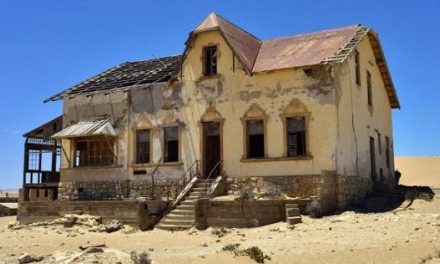
Gogga is scaring the wits out of baby
“Gogga maak vir baba bang” is a very well-known saying but it is rather difficult to translate. Closest would be something like Small threats can have huge reactions, or Something seemingly innocent can lead to much consternation. Pick your translation.
Reading the water restrictions announced by the City of Windhoek on Thursday, I could not help but look for the gogga on the wall. On Wednesday, the Hans Seidel Foundation hosted a public dialogue on water savings where one of several experts told us Windhoek will be reduced to only 50% of its normal water supply by September next year if we do not start taking the situation very seriously right now. The next day, the municipality announced the first round of restrictions, more severe than just the reduced consumption targets announced two months earlier.
The reason why I am looking for the gogga is because at the beginning of this year, we were told the central area will be out of water by December if the rainfall disappoints, and if we continue using water at the usual rate. As a matter of fact, life went on as normal and there was not much talk about further water saving until about September. As we all know, the 2015 rain season was a major disappointment with the three main dams supplying Windhoek receiving only very limited inflow. That a drought was raging countrywide was all too obvious but in Windhoek life continued as always.
Then about August this year, when the first portends of an approaching calamity surfaced, the City’s water engineers told us the reservoirs will run dry by April next year if we do not start saving water. These various breakdowns of the supply and demand situation were all provided by experts whose job it is to monitor consumption and stock. I believe if anybody should know what they are talking about, it should be these professionals. Then this week at the public dialogue, I learned that the absolute zero stock deadline has been shifted once again, and again by about five months.
These shifting projections beg some questions. Given that we are seemingly in an El Nino year and a severe one going by the evidence from international meteorologists, it is only a reasonable expectation that Namibia may suffer another drought year. Where is the additional water then suppose to come from? What changes in water supply do we not know of that allows the experts to push back the zero supply date every time by about five months? And what expectations do they have that we don’t know about for a better rain season come Christmas?
Do not get me wrong. I am not underestimating the seriousness of the situation. Having lived through several droughts, I know what can happen. When the country goes through a long dry spell, more than three years for instance, then conditions really get unbearable.
Yet when I consider what City officials are telling me and I look at the list of industries fingered by various analysts, I can not help to notice the absence of the building industry on these schedules. I believe, all the industries put together only consume a fraction of what contractors and suppliers require to keep the many large building projects running. This industry has only been mentioned once, and that was by the Construction Industries Federation, thus an in-house observation so to speak.
I see also no mention of the hundreds of carwashes in Katutura where water is wasted at an alarming rate. Sometimes, I come across rivulets of soapy water along unsealed Katutura roads originating from anything between five to ten carwashes, all crowded into the same corner.
Not to say anything about all the diplomatic corps properties. Show me the embassy that does not have a lush garden. Unlike many of the larger sports fields where semi-purified water is used for irrigation, I know for a fact that not a single embassy or any of the properties where the diplomatic staff resides, are connected to the secondary reticulation system for irrigation water.
If we restrict the embassies’ and their residences’ water supply, can you imagine what a stink it will create. And they can not be prosecuted but ultimately we all have to live from the same limited volume of water. I would suggest that a small measure of sensitivity is appropriate.
And imagine further if any or all of the dozens of large building projects are halted, what damage it will do to TIPEEG round two or even round three. Then all the temporary employment positions will be difficult to replace with jobs where no water is required.
Ultimately I think there is much more to the water dynamic than we realise. As a minister said earlier this year, if there is no more water, what then is there to control? For the time being, I just hope that the scare tactics are working.













































